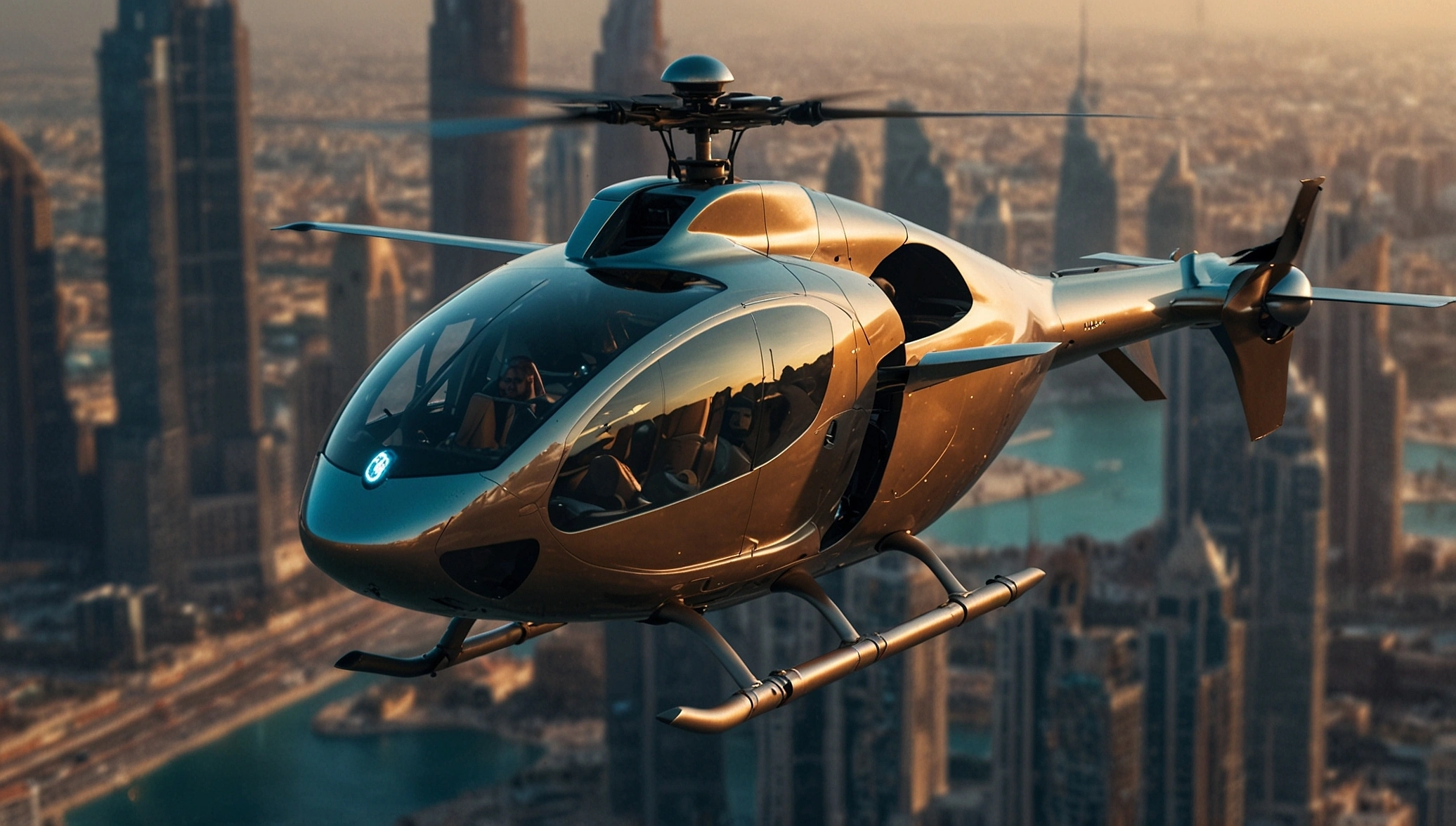A few years ago, Sofia was working the late shift as a ground operations officer at an international airport at London, Heathrow. She had a knack for tech and spent her downtime studying aviation cybersecurity. Fast-forward to today, she’s leading threat response for one of Europe’s busiest hubs, a role that didn’t even exist when she entered the industry.
That’s how fast aviation is changing.
Demand for well-known roles such as pilots and engineers remains sky-high, Boeing has forecast a global need for over 649,000 new pilots and 690,000 new maintenance technicians by 2042. However, the sky is no longer the limit. Whether it’s AI or electric air taxis, the aviation industry is rewriting itself. And with that, a new generation of roles are quietly emerging; careers you may not know exist yet. So if you’re just starting out, or you’re looking to future-proof your current role, understanding the next big role trends in aviation is a must.
Why Aviation Careers Are Evolving
Think back to 2010. Biometric boarding was science fiction. Electric vertical takeoff and landing vehicles (eVTOLs) were prototypes. And nobody was talking about sustainable aviation fuels (SAF).
Today, they’re all on the runway.
The aviation sector is evolving fast, driven by three major forces:
1. Digital Overhaul
Airports are getting smarter, among many new features, there’s AI baggage handling and biometric security. Technology is transforming the passenger experience and behind-the-scenes operations. According to Grand View Research, aviation cybersecurity alone was worth $9.24 billion in 2023 and is projected to grow at a compound annual growth rate (CAGR) of 6.35% through to 2030. Every new system needs professionals to build it and even more professionals to protect it.
2. Environmental Pressure
With climate goals tightening, aviation is under pressure to clean up. Sustainable aviation fuels, electrified fleets, and green infrastructure are no longer buzzwords. With these new priorities, airlines have doubled down on their decarbonizing strategies. In 2024 SAF production reached 1Mt, doubling from the amount produced in 2023, this represents 0.3% of global jet fuel use. In 2025, this is projected to reach 2Mt, or 0.7% of global jet fuel use.
3. New Ways to Fly
Urban air mobility (UAM) is real, and it is coming. Companies like Joby Aviation are developing electric air taxis that could redefine short-haul travel. The global UAM market is projected to reach $23.5 billion by 2030. These vehicles will need technicians, planners, and pilots with a new set of skills.

Top 5 Emerging Roles
Let’s get to the good part. Here are five roles set to define aviation in the next five years:
1. Aviation Cybersecurity Specialist
Imagine being the one who prevents a major airport hack. Cybersecurity experts are now critical to aviation, defending systems ranging from aircraft navigation to digital check-ins. With airports becoming more interconnected, this is one of the fastest-growing and highest-stakes roles in the industry.
Why it matters: Cyber threats could ground fleets or compromise passenger safety. The demand for skilled pros is soaring, with the industry valued at $12.1 billion in 2024 and projected to grow to $29.4 billion by 2033.
2. Sustainable Aviation Specialist
Whether it’s managing carbon offsets or introducing SAF into fleets, sustainability officers are the new must-haves. Airlines are under pressure to meet net-zero targets, and they’ll need in-house experts to guide them.
Why it matters: Sustainability is now a business imperative, and it’s also a competitive edge.
3. eVTOL and Urban Air Mobility Technician
Think flying taxis are far off? Think again. The UAM market is growing quickly, in 2024 the global market was valued at $4.21 billion, this is expected to reach $14.64 billion in 2032. Currently, several pilot projects are underway. These aircraft are entirely different from commercial planes, requiring a new breed of technician.
Why it matters: Being an early adopter in UAM could set you up for a high-paying, future-proof career.
4. Drone Operations Manager
Drones are now delivering packages, inspecting runways, and assisting in emergencies. But as use increases, so does the need for trained operators and compliance managers. According to PwC, the drone services market is projected to exceed $63 billion globally by 2025.
Why it matters: Drones are becoming less of a novelty and more of a necessity; regulation will follow.
5. AI and Predictive Maintenance Engineer
Imagine fixing problems before they happen. Predictive maintenance, powered by AI, is helping airlines save time, reduce costs, and increase safety. These engineers use algorithms to spot wear and tear before it causes failure. Companies such as Lufthansa Technik are actively investing in predictive tools.
Why it matters: This is the future of maintenance and efficiency.

Skills and Certifications Needed
Let’s be clear, this isn’t about replacing your current skill set. It’s about enhancing it. The most in demand professionals are those that can adapt quickly and confidently to new systems and technology.
For example, Cybersecurity has become a frontline defence across global airports and airline systems. Recognised qualifications like CISSP (Certified Information Systems Security Professional) and CEH (Certified Ethical Hacker) help demonstrate technical depth, but just as important is the mindset to anticipate and neutralise threats. Meanwhile, sustainability roles are no longer niche. As airlines race to meet climate targets, professionals who understand global frameworks, such as ICAO’s CORSIA and EASA’s environmental standards, are critical to driving compliance and innovation.
The rise of drones and eVTOL aircraft brings its own learning curve. In regions like the U.S. and EU, operators must meet strict licensing requirements (FAA Part 107). Even for roles in AI and predictive maintenance, aviation-specific data fluency is fast becoming non-negotiable.
As ICAO notes, aviation needs people who can balance technical ability with regulatory awareness.
“In an industry evolving faster than ever, it’s the professionals who embrace change that will lead it” says Aerviva CEO, Mindaugas Rainys. “The professionals who stay curious, current, and culturally aware will be the ones shaping aviation’s future.”
Take Off Into the Future of Aviation Jobs
The aviation industry is reinventing itself. Whether it’s zero-emissions flight, autonomous air taxis, or airports run by AI, the next five years will rewrite what it means to work in this space. For those willing to invest in new skills and think a step ahead, the opportunities are wide open. These roles aren’t just future-proof. They’re future building.

